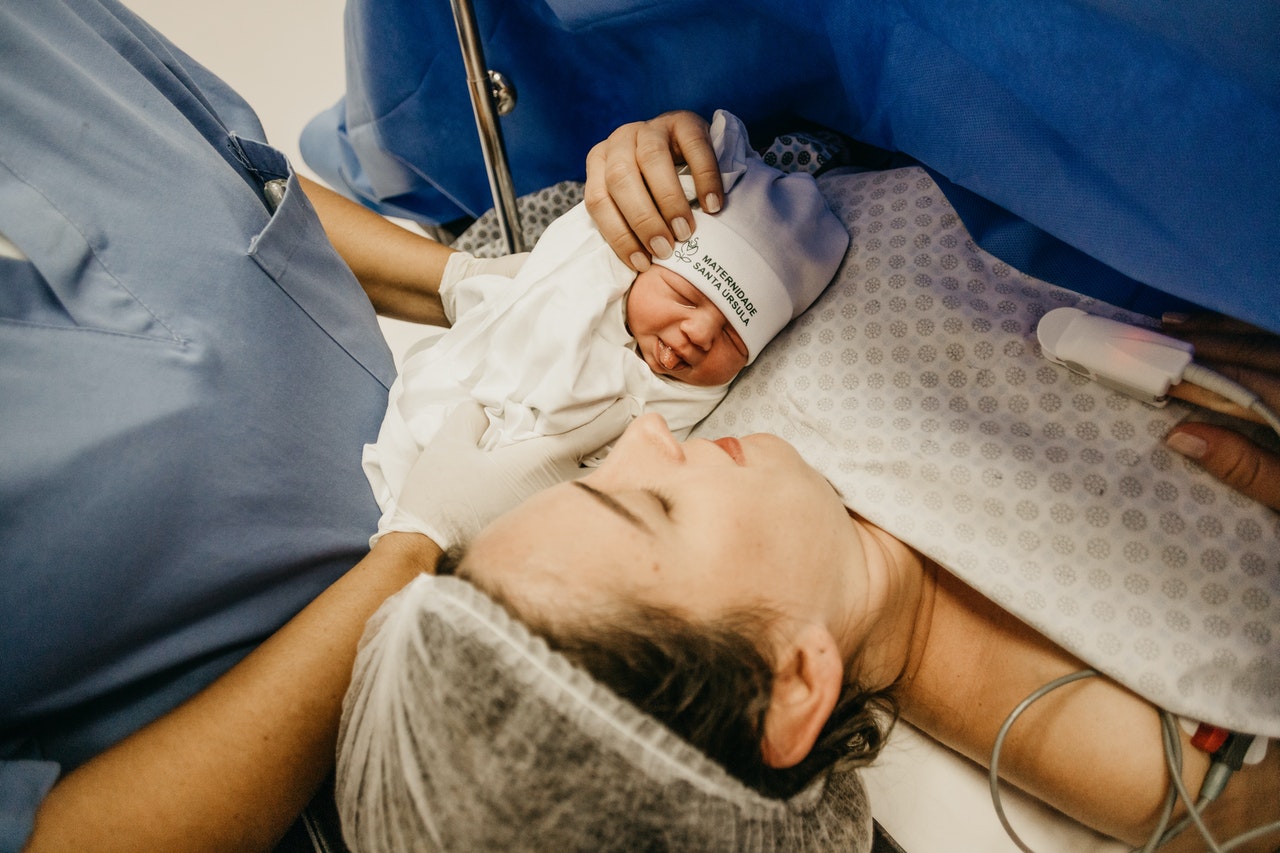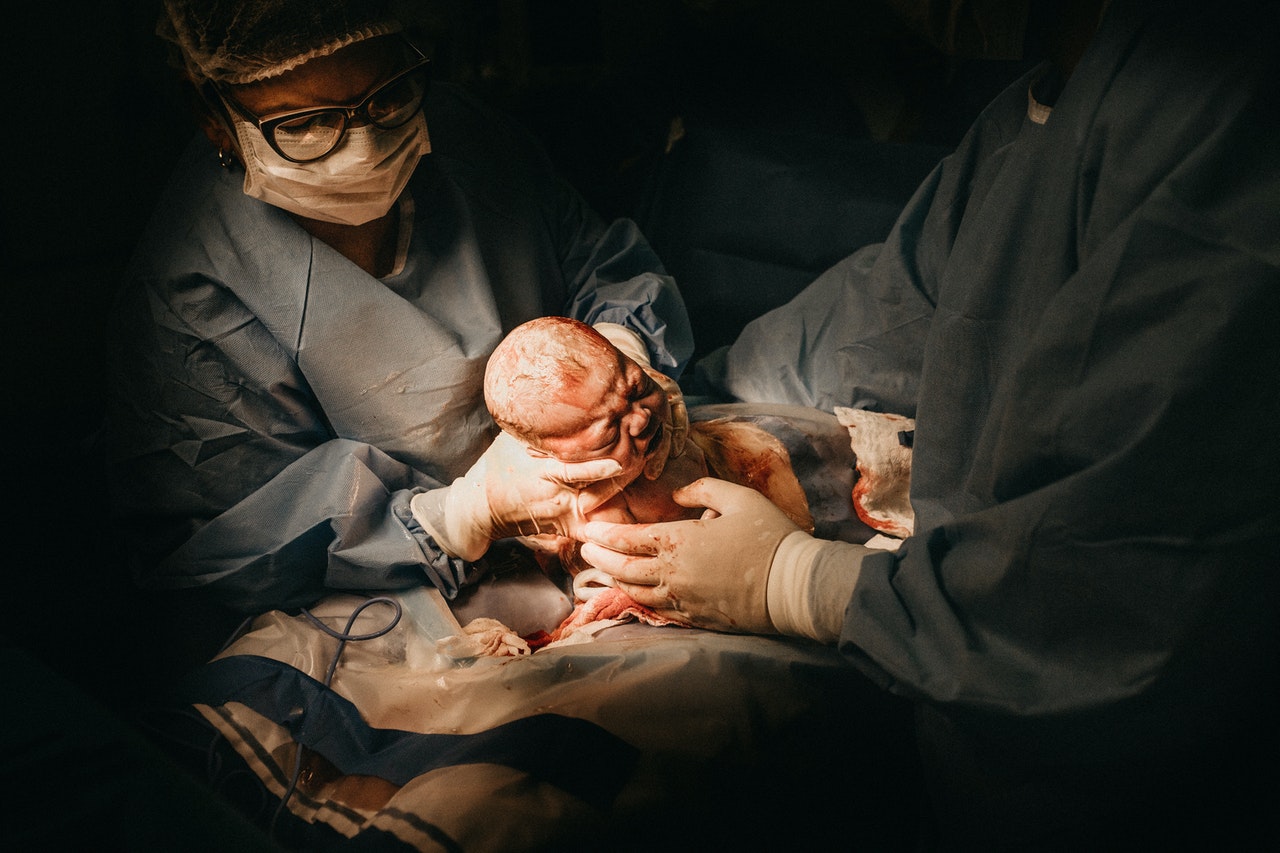Just like natural birth, a C section can have postpartum effects on the mother. Even if the delivery method is safer for some, it still comes with many after-surgery problems.
Like in other surgeries, the mother has to recover after a C section. Complications can occur, and it is best to speak out as soon as something strange is noticed.
Bladder pain can follow the birth, although it is less encountered than in natural deliveries. It can cause a lot of stress and pain to the new mother.

What To Pay Attention To
Problems might occur if the mother has not yet urinated 24 hours after the C section. This is one of the first signs that can indicate complications.
Another obvious sign is pain that occurs during urination. These two things can be the first to point out a problem, and attention should be paid to them.
During pregnancy, the body goes through a lot of changes. As the baby grows in size, the uterus gets heavier and naturally applies more pressure on the bladder, causing the sensation to urinate more often and sometimes even pain.
However, after giving birth, that should no longer be a problem. Unfortunately, a lot of women have to deal with bladder pain on top of everything else. Naturally, after delivery, the internal organs and body functions return to their original shape and placement.
Scarring And Bladder Pain
A C section means there will be a scar left behind from the surgery. As the healing process occurs and the abdominal section regains its strength, the scar also shrinks in size.
The scarring and healing process is one of the causes of bladder pain. As it settles, the scar’s tissue can attach itself to the bladder, causing pain and the urge to use the bathroom frequently.
It can also press down on the bladder and cause the same effect. Out of the women who experience bladder pain after a C section, 24% of them happen because of the scarring.
Who Is More At Risk?
Some women are more at risk than others. A lot can be predicted about the postpartum healing time during the pregnancy.
Women with prior conditions like diabetes or kidney problems might develop more bladder problems after birthing. Those who have already delivered a baby through a C section are also more inclined to experiencing bladder pain due to the previous experience.
What Can Happen?
One of the most encountered problems is when the tubes that connect the bladder to the kidneys are damaged during the incision. What this means is that when the obstetrician first cuts the lower abdomen, damage might be done.
This usually happens during emergency C sections when the focus is on saving the baby and the mother. This issue will require incontinence surgery. If this is not done properly, it can cause life-lasting damage.
It is usually best to recognize bladder damage during the surgery. If the incision is closed before checking, it can lead to vesicovaginal, vesicouterine, or ureterovaginal fistula.
Treatment
Even if it is scary, it is normal to have some sort of bladder pain. If it is not something overly complicated that requires another intervention, it will most likely go away in a few days.
It can create great discomfort, and there usually is a lot of stigma around it. Bladder pain can also lead to pain and stinging during urination. The pain medication usually helps with the problem.
Incontinence is also uncomfortable. In that case, many doctors might recommend pelvic floor exercises, which are believed to eliminate incontinence.
These can be taught by the medical staff. Pads are also something to help with the unpleasant sensation, and they can be of great use.

Summary
Bladder pain can easily be overlooked. The mother and care providers should pay attention to the symptoms of bladder injuries or damage.
This can be done by asking questions, speaking up about it, and help prevent any further complications and painful experiences. For more information about pregnancy and what to expect, you can also check out this link.







